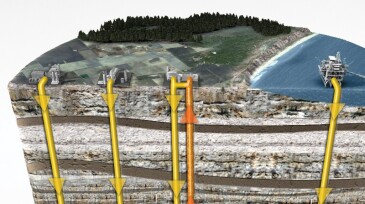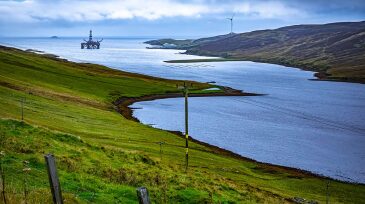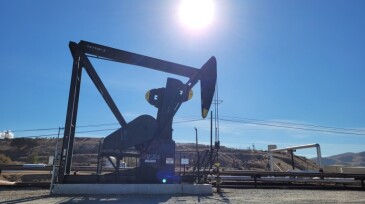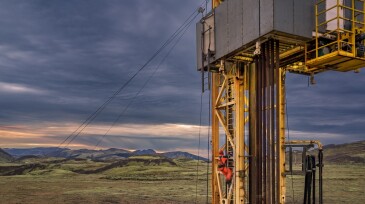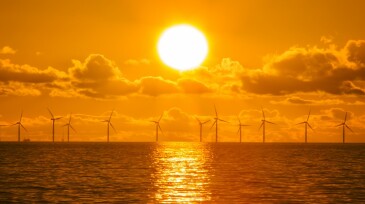HSE & Sustainability
A DNV report on decarbonization says the Middle East and North Africa region is expected to become the world’s largest hydrogen exporter by 2060 while maintaining a dominant position in global oil and gas markets.
The planned facility was designed to process 34 MMcf/D of associated gas into fully refined gasoline.
The newly named MTS brings together the full methane ecosystem, end to end—connecting technology, data, operations, and assurance across upstream, midstream, and beyond.
-
A report from the Global CCS Institute says North America’s continued front-runner status in carbon capture and storage (CCS) deployment is largely attributable to tax credits, stronger climate commitments, and an anticipated rise in demand for low-carbon energy products.
-
The partnership aims to accelerate offshore CCS adoption with reliable, specialized CCS systems.
-
Backed by Eni and BP, the two projects have been selected by the UK government to kick-start the country's effort to decarbonize industrial emissions.
-
A California appellate court has ruled against a Monterey County ban on new oil and gas wells, possibly paving the way for Chevron and a bevy of smaller oil companies to begin drilling new wells.
-
A recent Rystad analysis suggests well spending is set to increase from an expected $1 billion in 2021 to $3 billion in 2026.
-
The civil engineering curriculum in colleges and universities across the United States needs to include information on workplace safety, argued expert panelists during a recent roundtable discussion. Panelists debated how to achieve that goal and learned about the experience of another industry that successfully tackled the same problem.
-
As COP26 looms, the International Energy Agency says governments must send an “unmistakable signal” about clean energy ambition and action if the world wants to avoid the worst effects of climate change.
-
A recent settlement of up to $1.8 billion between Southern California Gas Co. and thousands of alleged victims has offered a measure of relief to some. But many residents say they still know painfully little about how the disaster affected their health.
-
Winners of the triennial awards will be announced at the 23rd World Petroleum Congress in Houston.
-
The company announced plans to use a new technology to replace the pneumatic systems that are powered by and also vent a substantial volume of methane at its Barnett Shale operating area in north Texas.




